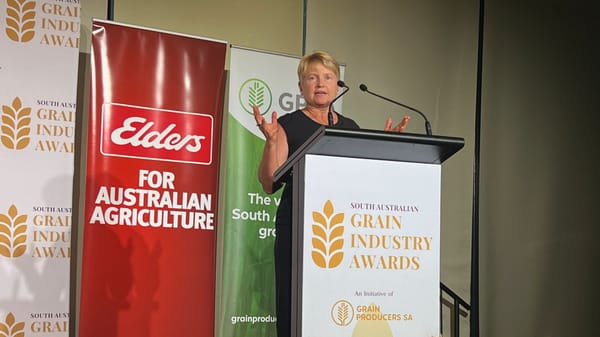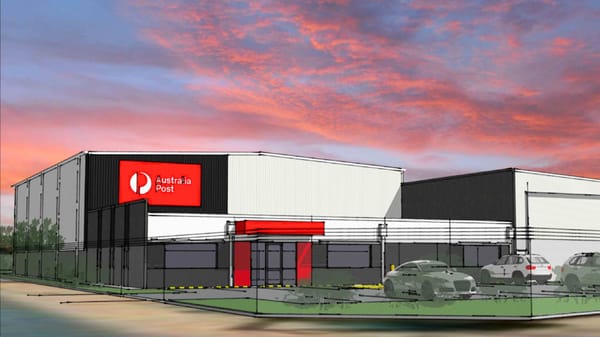Refugees could help Murraylands businesses fill skill gaps
At a time of low unemployment, when local workers are hard to find, another solution has been presented to employers in Murray Bridge.

This story is now free to read. Help Murray Bridge News tell more stories like this by subscribing today.
With local workers in short supply, could refugees help Murraylands businesses meet their need for skilled employees?
That was the suggestion put forward by two visitors to Murray Bridge, academic Louise Olliff and recruiter Louna Ghawi, at a workshop earlier this month.
The local unemployment rate was just 3.4 per cent at last count, meaning only about 350 locals were still out of work.
The jobs businesses are finding hardest to fill are specialist roles, for electricians, nurses and things like that.
Ms Ghawi, representing global not-for-profit organisation Talent Beyond Boundaries, said there were millions of refugees around the world capable of filling those roles.
In many cases, refugees did not have the documentation needed to get an ordinary foreign work visa, so TBB was in the process of setting up an alternative pathway.
That included creating a talent register which was like a “LinkedIn for refugees”.
TBB had 123,000 people from countries like Lebanon, Jordan and Turkey listed in 170 occupations, she said.
Eighty per cent had a tertiary degree, three quarters spoke intermediate English and the average age of the workers listed was 34.
Not all were living in refugee camps around the world, either, Ms Ghawi said.
Most simply lived in countries where they were liable to be deported as soon as they found themselves out of a job – they wanted more permanent, secure situations for their families.
“We’ve got people who want to find skilled workers, and we’ve got people who are desperate to find work,” Dr Olliff said.
“They’re happy to go to regional areas and make a start.”
So what’s the catch?
There was one catch, of course: cost.
Recruiting a refugee from overseas, and bringing his or her family along, was likely to cost something like $30,000.
There were benefits, she said: for example, a refugee worker grateful for the opportunity to start a new life in Australia was more likely to be loyal to the employer who had offered that chance, and to stick around for longer.
Refugees often had skills Australian workers lacked, Dr Olliff said: they were experts at cooking a particular cuisine, butchering according to halal specifications, or using their ingenuity to fix a car without factory-standard parts.
“There are skill sets we don’t actually have in Australia, things they don’t teach in Australia, that business owners who want that service want people who know how to do this,” she said.
“Employers either might want a skill level that’s not in their local community, skills that are not in Australia, or they might want people in jobs local people don’t want.”
But a representative of one local business said the initial cost barrier was likely to make the idea a non-starter.
Dr Olliff acknowledged that the current housing shortage would also remain a problem, whether new employees came from across the world or across the Adelaide Hills.
- More information: www.talentbeyondboundaries.org.





